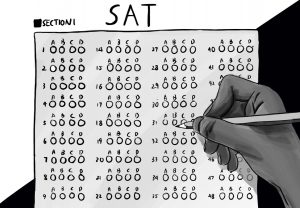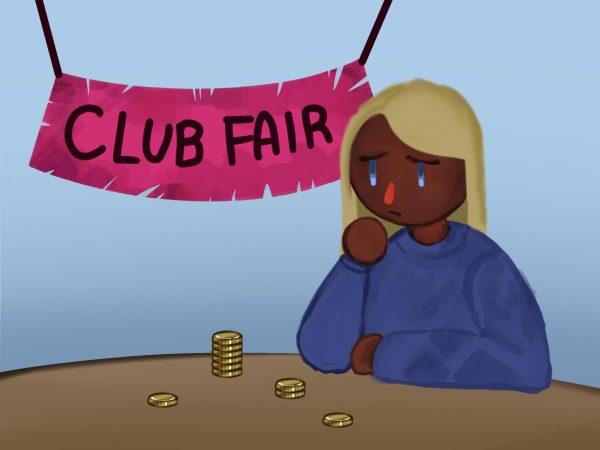Burden of race conversations can’t be placed on Black people
March 8, 2021
Over the past few months, I’ve been using Discord servers for an additional dose of social interaction besides texting my friends and chatting with my family. Most of these servers are fandom spaces, dedicated to various forms of entertainment. It’s usually nice to spend some time on them, making friends out of strangers and rambling on with some inane nonsense. But inevitably, I get into an argument with someone where I am forced to explain the actions of every member of my race.
This most recently happened a few weeks ago, but it’s clear as day in my mind. In a server of about 30 people that I had been in for a month at that point, I offhandedly mentioned that I was Black. A few people responded with surprise, which made me cringe at their assumption of whiteness, but it was otherwise unnoteworthy. A minute later, however, someone made a snarky comment about the Black Lives Matter movement, which wasn’t even close to what the conversation had turned to. From there, we got into an argument on the topic.
It wasn’t particularly nasty; I only had to clear up some of their own confusion regarding the totality and lack of inclusion that they feel is inherent to the phrase, “Black Lives Matter.” Still, it wasn’t a pleasant experience, since I was dragged into an argument I didn’t want to have.
I know that I could choose not to engage with the people who have these kinds of reactions, either by ignoring their bait or openly rejecting it, but that would likely only breed resentment. While I wish that Black people weren’t expected to educate other people on the basis of their race, it would be foolhardy of me to refuse that role.
If I were to just shut them down entirely, it would only lead to a lack of satisfaction in the other party, which itself leaves room for vile thoughts to grow; in the most extreme scenarios, they might believe that me turning them down means every Black person they try to talk to will also decline them, and therefore any attempts to get a point of view outside their own bubble is useless. Even in milder situations, refusing to engage with them only pushes the responsibility into someone else’s hands. It wouldn’t be an act of true rebellion, only lethargy.
For those who often find themselves educating others even through discomfort, I ask that you keep up the good work––but make sure not to overstretch yourself. There is a difference between explaining why you don’t feel comfortable answering a question and simply declining any efforts to answer them, and properly exercising the former is more productive than the latter. Also, learn to avoid arguments from a place of bad faith; with people who intend not to listen, but instead who intend to fight and cause a ruckus. Those kinds of debates only serve to build stress, and there’s enough of that these days.
For those who have questions about the lives and perspectives of other people, don’t view this as my saying you shouldn’t want them answered. It’s perfectly reasonable to do so; I am not the most worldly person, so whenever I come across someone who has an experience unique from my own, I often want to find out more about it. But you should also recognize that someone sharing something about themselves is not always an open invitation for questions about it.




























